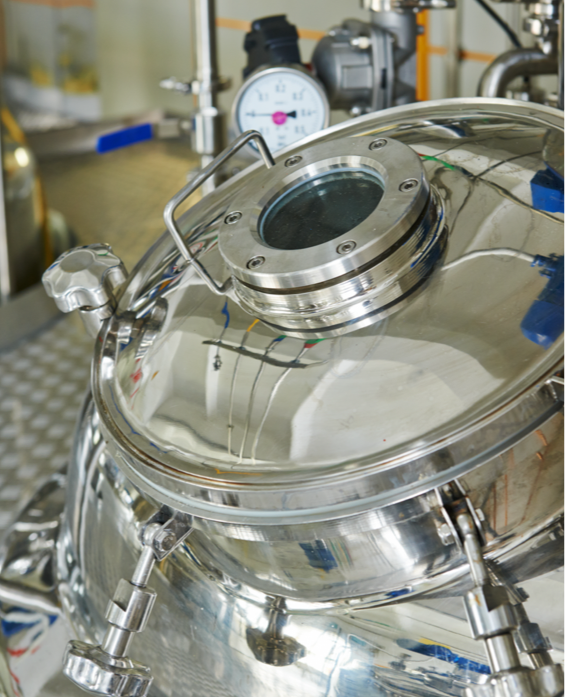To decarbonize the chemicals sector, we need to develop numerous clean chemical processes. Electrochemistry enables a vast universe of possibilities, and we leverage the same technology base to deliver a wide range of clean chemical products.
Unlike conventional thermal chemistry, electrochemistry is efficient at small scales, such that economies of scale are not needed for project economics to work. As a result, “right-sized” reactors are deployed at the point-of-use, allowing production to occur where the chemical is consumed. Moreover, existing products have proven that these benefits can be achieved without sacrificing economic viability.
Electrochemical reactions run at ambient conditions, compared to the elevated temperatures and pressures of conventional thermal processes. Furthermore, electricity drives these reactions, as opposed to hazardous chemical reagents. Taken together, electrochemistry offers significant benefits in operational safety, hazardous waste mitigation, and emissions reductions.

Electrochemical production of chemicals and fuels
Critical sustainability products are forecasted to reach global highs in the next decade, with electrochemical solutions poised to scale into large markets.
Solutions to decarbonize everyday products
Mattiq blends materials science, chemistry, and AI to deliver new solutions powering the circular economy.
Hydrogen
Chemicals
Plastics
Fuels
Fuel cells
Mattiq resource center
Learn more about Mattiq’s impact with featured applications and explore the latest in thought leadership from scientific experts.
